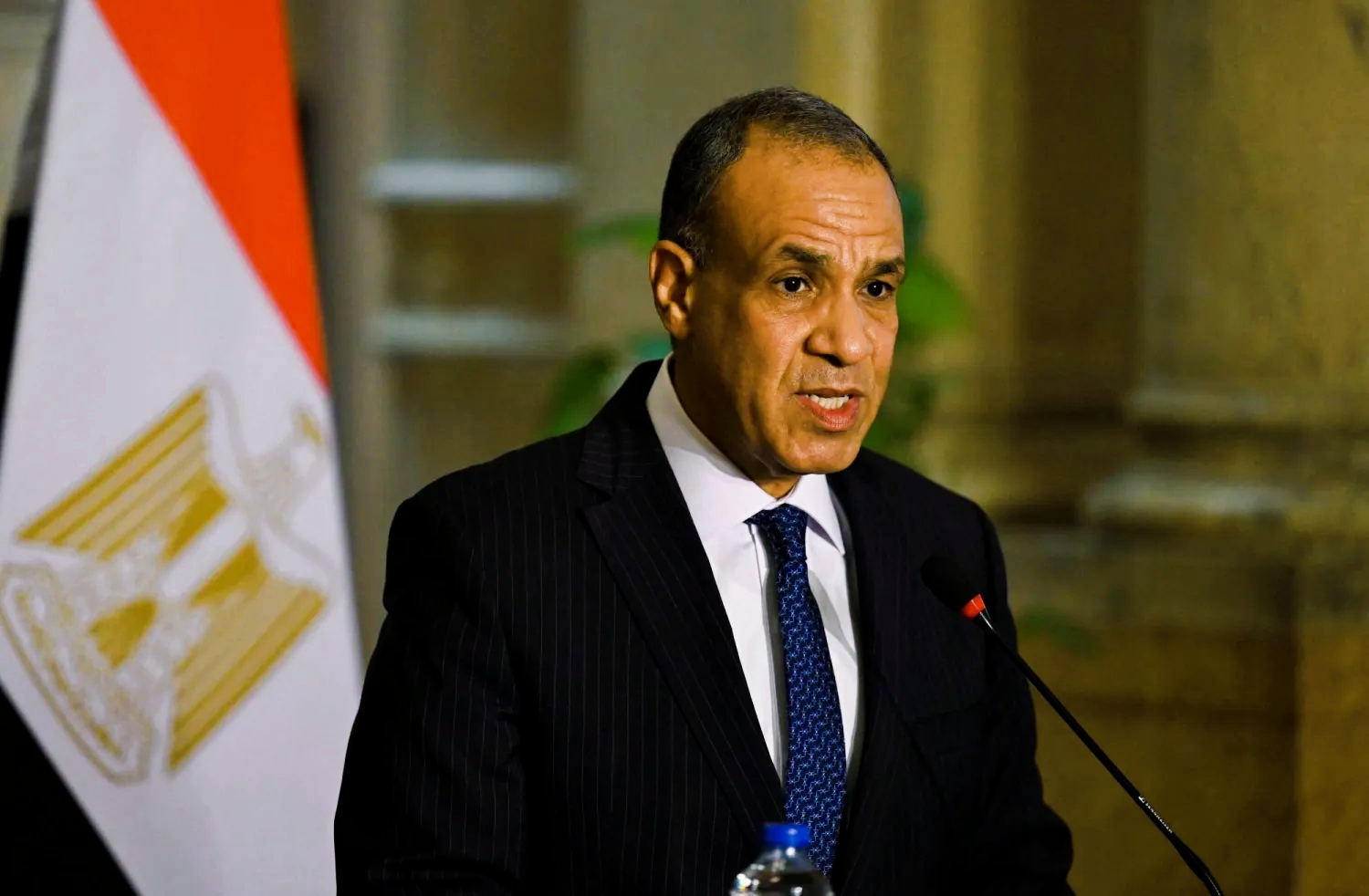Suez Canal in Crisis: Revenues Drop 60% and Egypt Loses Billions

In shocking official statements, Egyptian Foreign Minister Badr Abdel Atti revealed that revenues and imports from the Suez Canal have dropped by 60% over the past year, leading to losses exceeding 9 billion dollars for the Egyptian economy.
This came during his speech at the opening of the Aswan Forum for Peace and Sustainable Development today, Sunday, where Abdel Atti emphasized that Cairo is confident that security and stability will return to the Red Sea and Gulf of Aden after the war in Gaza ceases.
The minister explained that the number of trucks passing through the Suez Canal has dramatically decreased, stating that "only 25 to 30 trucks now cross the canal daily, after it used to receive no less than 72 ships and vessels daily," noting that this sharp decline in maritime traffic has caused direct economic losses to Egypt.
Egyptian President Abdel Fattah el-Sisi had previously indicated that Egypt lost about 9 billion dollars in Suez Canal revenues over the past two years, reflecting the extent to which the region's most important maritime artery has been affected by regional geopolitical tensions, especially in light of the recent military escalation in Gaza and its impact on maritime navigation routes.
In conclusion of his speech, Abdel Atti affirmed that "there are no longer any justifications for any party to exploit the suffering of the Palestinian people to justify any aggression, escalation, or passing of special agendas," calling for adherence to political and diplomatic solutions.
* Ceasefire Agreement in Gaza
It is noteworthy that a ceasefire agreement in Gaza came into effect on October 10, following indirect negotiations that lasted for days in Sharm El Sheikh, under Egyptian, American, and Qatari sponsorship, with Turkish participation.
The agreement stipulates:
• Release of all living Israeli detainees in one batch.
• Delivery of the bodies of the Israeli dead.
In return, Israel will release hundreds of Palestinian prisoners, including dozens with long and life sentences.
• Partial Israeli withdrawal from the Gaza Strip to agreed-upon borders.
• Opening of crossings and allowing the entry of relief trucks.
Despite the implementation of the agreement, Israel has not yet agreed to open the Rafah border crossing with Egypt, demanding the delivery of the bodies of all Israeli prisoners.
Hamas had delivered up to the evening of yesterday, Saturday, 12 bodies, while it is still searching for 16 others in the sector that has suffered extensive destruction.